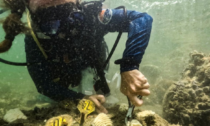
Rising temperatures in Florida’s waters due to climate change have sparked an extreme stressor for coral reefs causing bleaching, which has scientists concerned. “In the last year, it’s been really depressing because we’ve seen a lot of changes, and we’ve been monitoring sites from Miami for five years now, and we’re starting to see changes in those sites,” said Michael Studivan, a scientist with the National Oceanic and Atmospheric Administration’s Coral Health and Monitoring Program.
Just within the last week, as the U.S. South struggles under a heat wave, NOAA has reported Florida water temperatures in the mid-90s Fahrenheit (35 C). Normal water temperatures for this time of year should be between 73-88 degrees Fahrenheit, according to NOAA.
The extreme heat has triggered coral ...
Read More

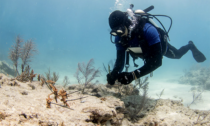
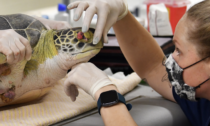
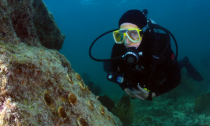


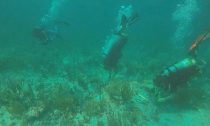
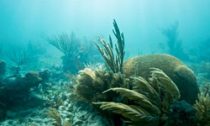


Social Profiles